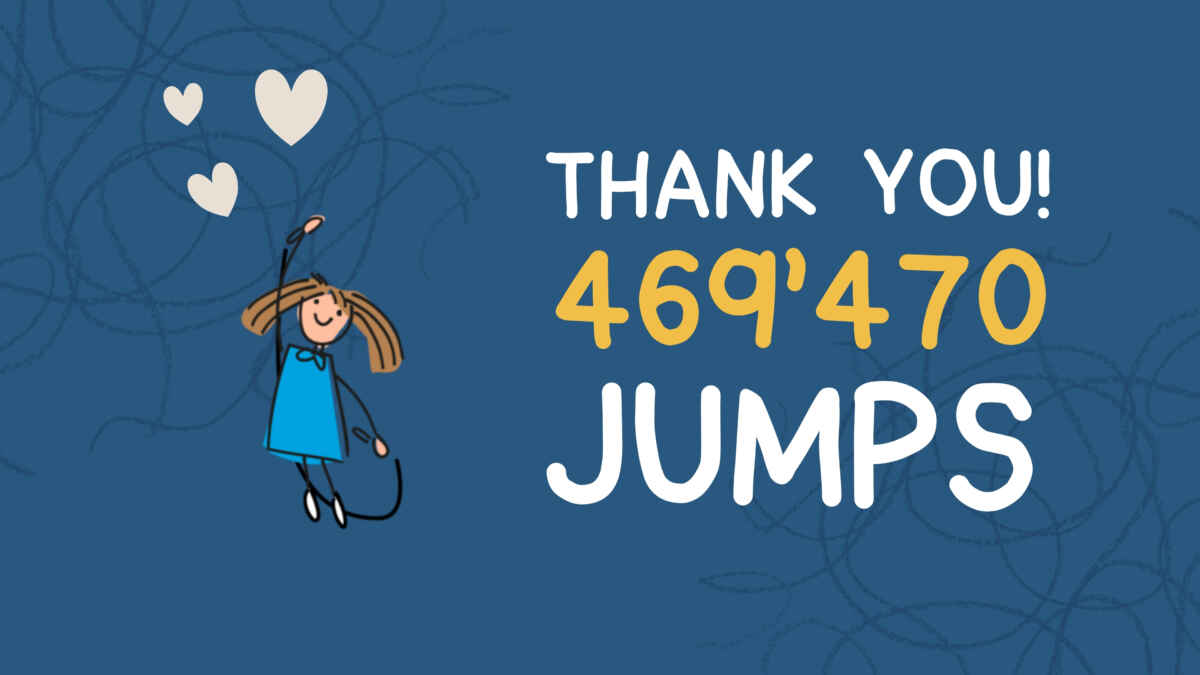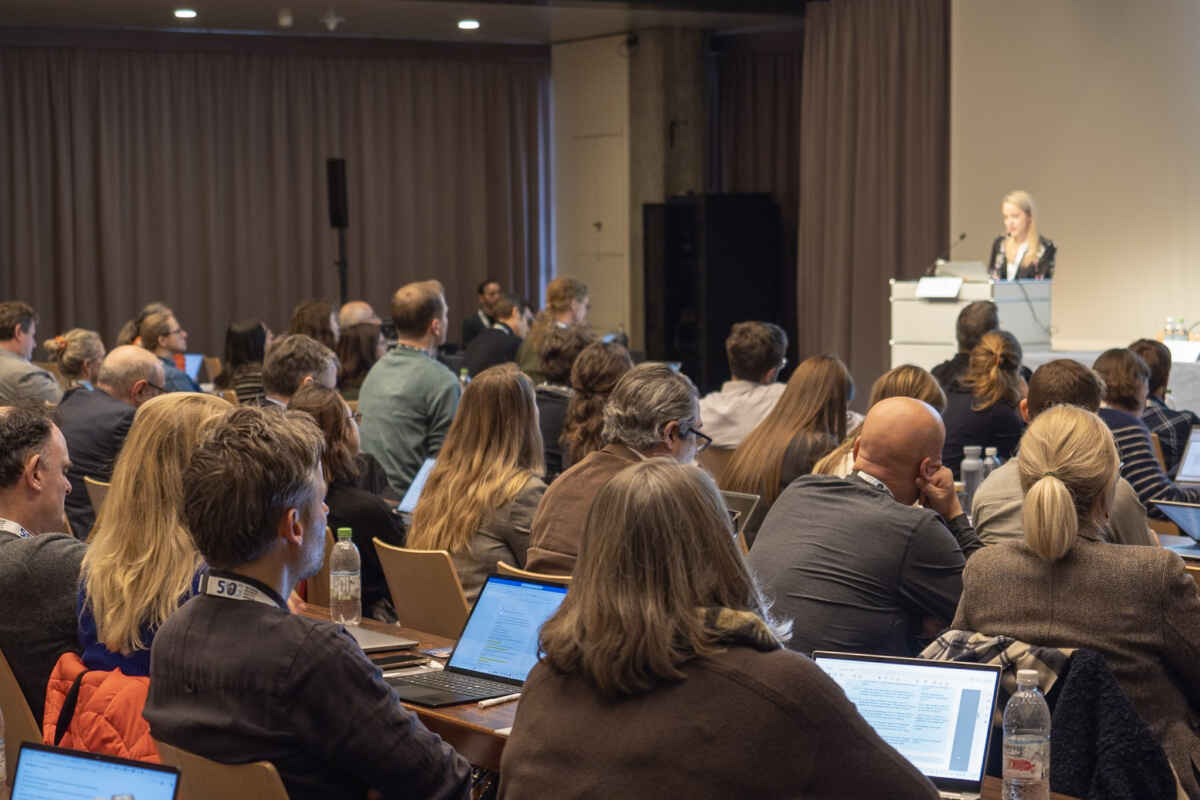How did you come to be an ambassador for SPOG and what are your personal links with childhood cancer research?
I was approached and was immediately certain that I wanted to support SPOG. I have no direct association with childhood cancer research, but sadly there are lots of parents, some of whom I know personally, whose children are battling the disease. If I can make even a tiny contribution to minimising this suffering in my role as a SPOG ambassador, it will have been more than worth my while.
Why is it important for you to be involved with SPOG and its mission?
SPOG works in the crucial area of research. Aside from caring for the young patients themselves, I see research as the key area in which we can make decisive progress in combating childhood cancer. While a cancer-free future is probably just a pipe dream, it’s still something we are pursuing.
Can you explain to us how SPOG’s work helps improve the treatment options available to children and adolescents with cancer?
SPOG operates as a network and has good access to the latest scientific findings and international expertise. This in turn feeds into research into new treatment methods and the use and development of medicines to cure more children and adolescents with cancer, minimise side effects and reduce complications.
How has your background in alpine skiing affected your views on the importance of teamwork and collaboration in childhood cancer research?
You can only succeed in competitive skiing if you have a functioning team. That needs an environment that is completely geared to improvement. Collaboration is essential – everyone pursues, and wants to achieve, the same goals. That’s why it’s probably just as valuable to share new findings in a much more important field such as childhood cancer research, because different scientists develop different solutions, which can in turn help in different ways.
How can people who want to get involved with SPOG and childhood cancer research make an active contribution?
By donating. Research is an elaborate and expensive business, so every franc helps further increase the time invested in research. Organised fundraisers provide an opportunity to make more substantial donations, for example by donating part of the revenue from events. Corporate partnerships are a way of raising workforce awareness and generating donations. Raising awareness and sharing information are important topics in their own right and can take place through events, social media and people’s personal networks. Any contribution in any form can make a big difference.
What do you see as the biggest challenges in childhood cancer research and how can SPOG help overcome them?
The challenges could be enormous – on the one hand there are the many different types of cancer and the specific needs of children and adolescents, on the other the need to safeguard funding for research and treatment development. But it’s very difficult for me to assess all that, so I have confidence in SPOG and its network to rise to the challenges and try to overcome them as best they can.
Finally, how can donations to SPOG help improve the future for children and adolescents with cancer and why is it important to support research in this area?
SPOG is doing everything in its power to improve the chances of a cure and the quality of life of children and adolescents living with cancer. It does so by funding clinical trials and research projects with the aim of getting a little bit closer to the goal of a future in which childhood cancer is a thing of the past.






